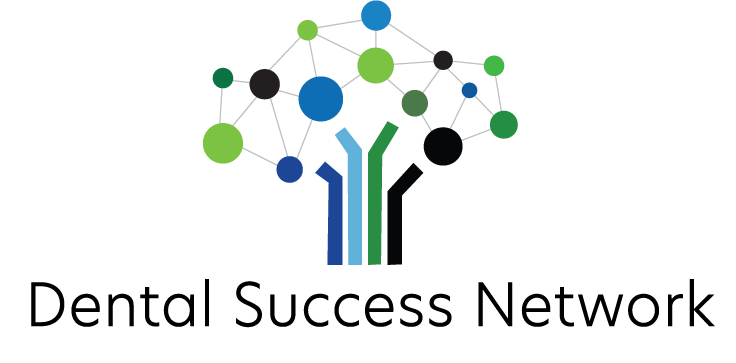I’ll admit, I didn’t do blockout schedules for years, and I thought it didn’t offer a whole lot. I really thought that a normal scheduling method would be okay, and even good, in my practice.
But now I’m a believer, and here’s why: It actually makes a huge difference.
Improved Time Management: By allocating specific blocks of time for different types of procedures, you can ensure that each type of appointment is scheduled during the most appropriate part of the day. This prevents the overlap of complex procedures with routine check-ups, leading to more efficient use of time. Staggering crowns and complex endo/implants with crown seats allows you to effectively use rooms and flow.
Enhanced Productivity: You can maximize the use of equipment and staff by scheduling similar procedures together. For example, putting two new patient/SRP blocks next to each other for 90 minutes each, then finishing the morning with a 60-minute prophy. That way, it equals 4 hours perfectly. This minimizes downtime and ensures that the operatories are used perfectly.
Optimized Staffing: Block scheduling allows for better planning of staff shifts and breaks. Think lunches. I don’t take lunch, but my team does. Block scheduling allows me to always have a perfect schedule and not get in legal trouble for HR issues. Staff can be scheduled based on the types of procedures being performed, ensuring that the necessary expertise is always available without under or overstaffing.
Reduced Patient Wait Times: By organizing appointments into blocks, you can reduce the likelihood of delays and ensure that patients are seen on time. This improves patient satisfaction and reduces the chances of scheduling conflicts.
Better Energy and Reduced Stress: You can optimize your energy and appointments for peak performance. Do you like doing endo first thing in the day? Or, leave it for last at 4 pm? You can set up blocks that follow your energy and focus, so that you do your best work when you’re at your best. You can also concentrate on one type of procedure at a time, reducing the mental load and stress associated with constantly switching between different types of procedures.
Increased Revenue: Efficient scheduling can lead to an increased number of appointments in a day, boosting the office’s revenue. By ensuring that high-revenue procedures are scheduled effectively, the office can maximize its profitability. Mark Costes and I have played this game many times. Offices can sometimes squeeze in $14-15k in a day, until we teach them effective block scheduling, and then they can routinely do $20k per day.
Ability to Allocate Emergency Slots: By using block scheduling, you can set aside specific times for emergency cases without disrupting the entire day’s schedule. This way, emergencies are handled promptly while maintaining the regular flow of appointments.
And that’s my top 7 reasons, and while I do love the numbers that blockout scheduling provides, I’d have to say that managing my energy is more important for me. I hope that this reasoning helps you, and if you need help, we have an amazing template on Dental Success Network.
Be well and do well,
Addison Killeen
P.S. If you found these insights helpful, consider joining Dental Success Network. Our community offers invaluable resources, expert advice, and a support network to help you implement strategies like block scheduling effectively. Sign up today and take the first step towards a more efficient and profitable practice!




